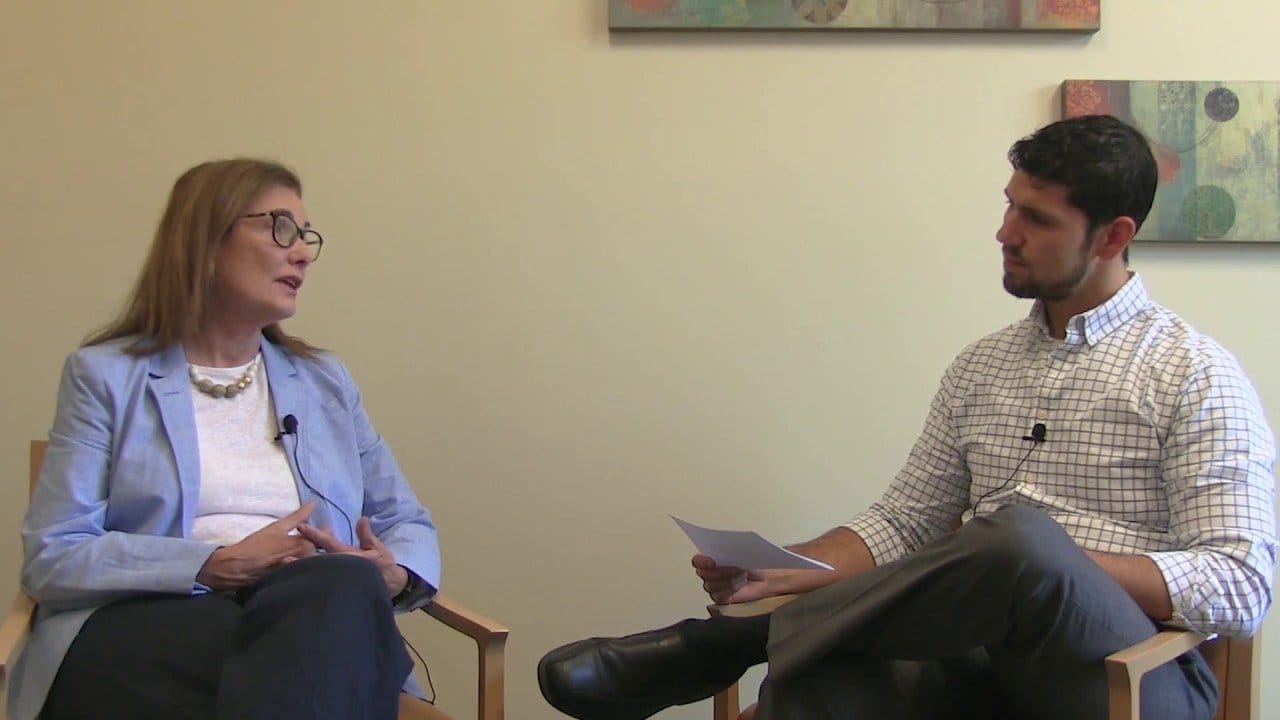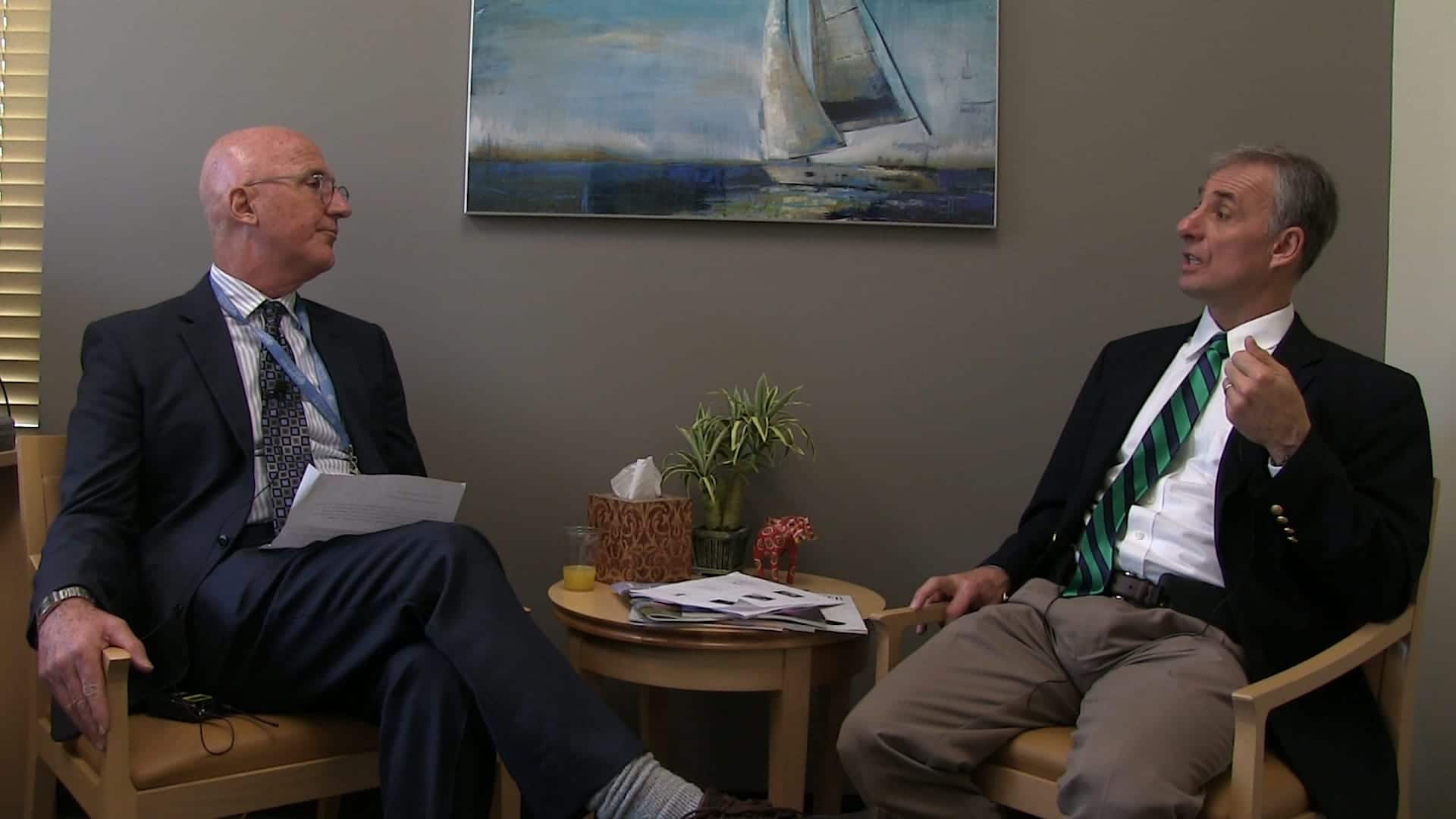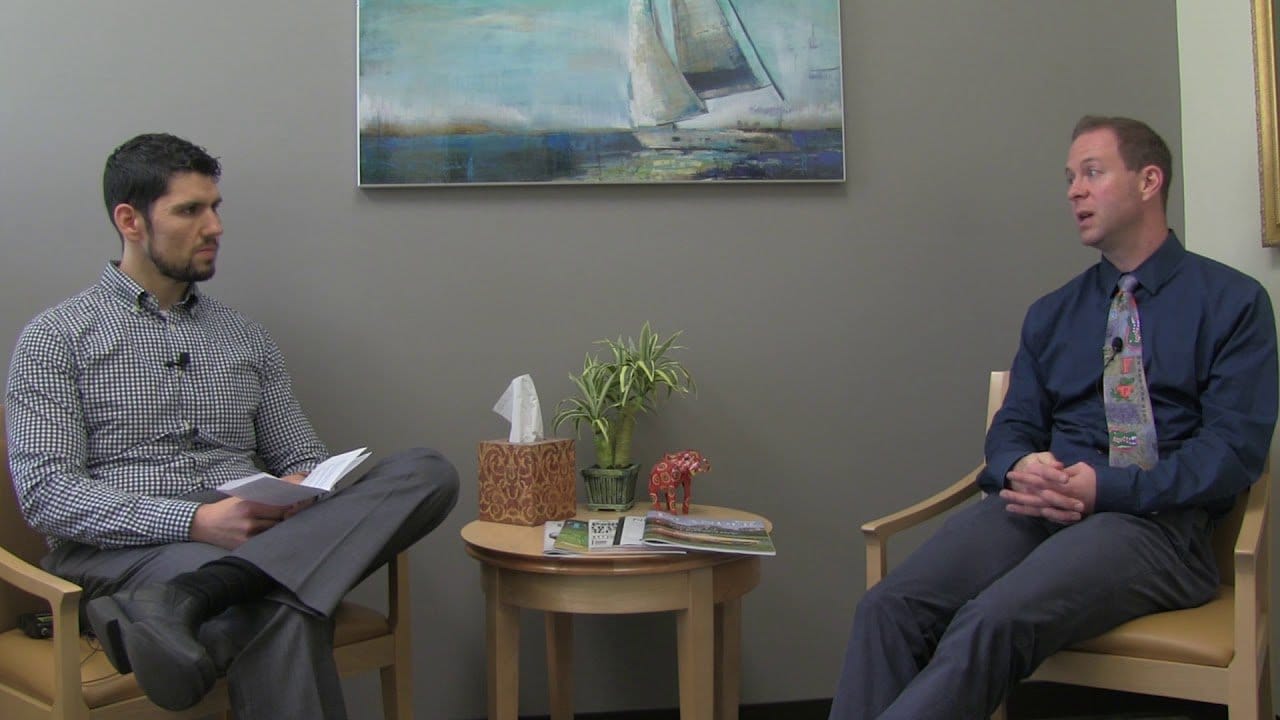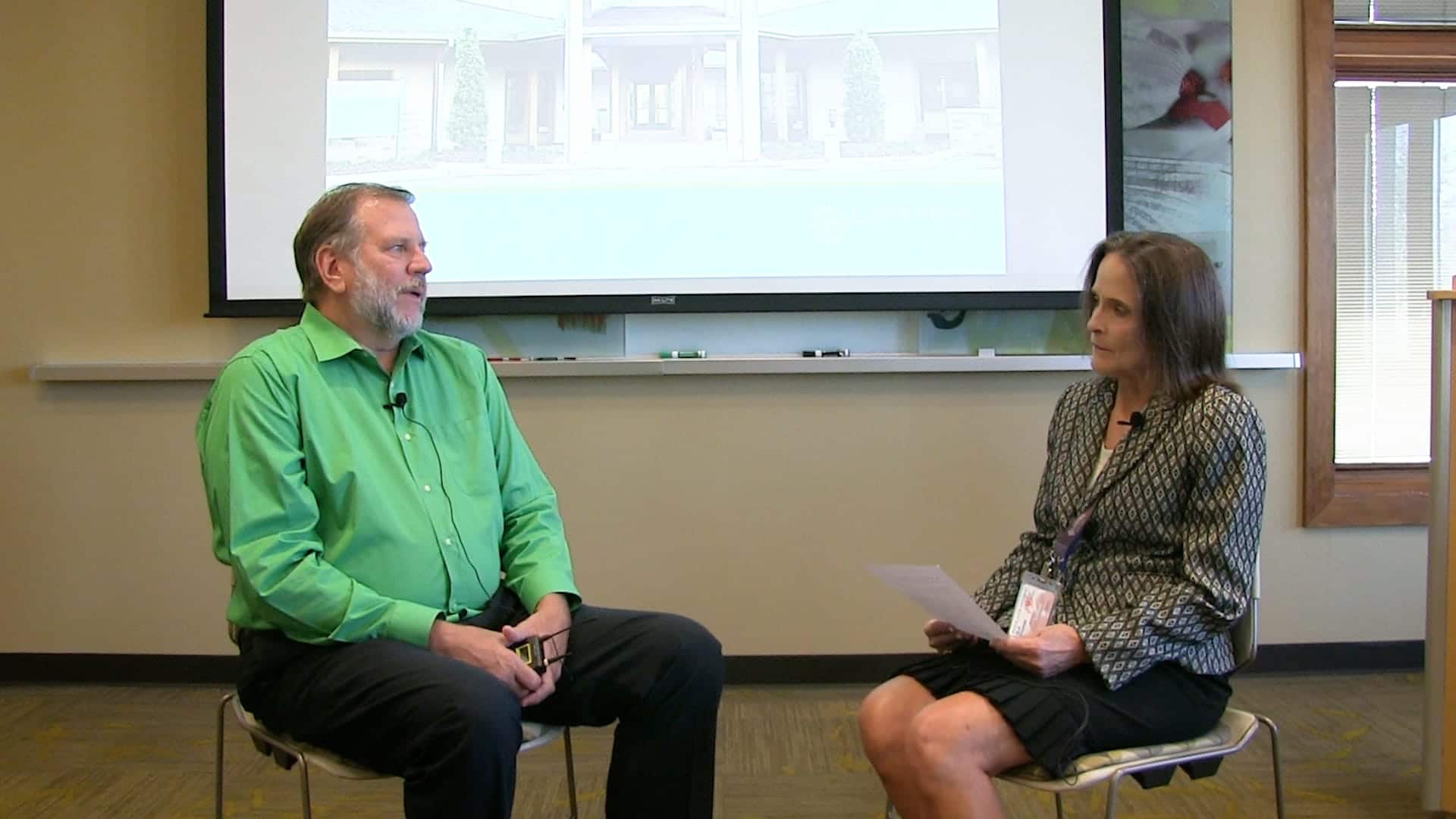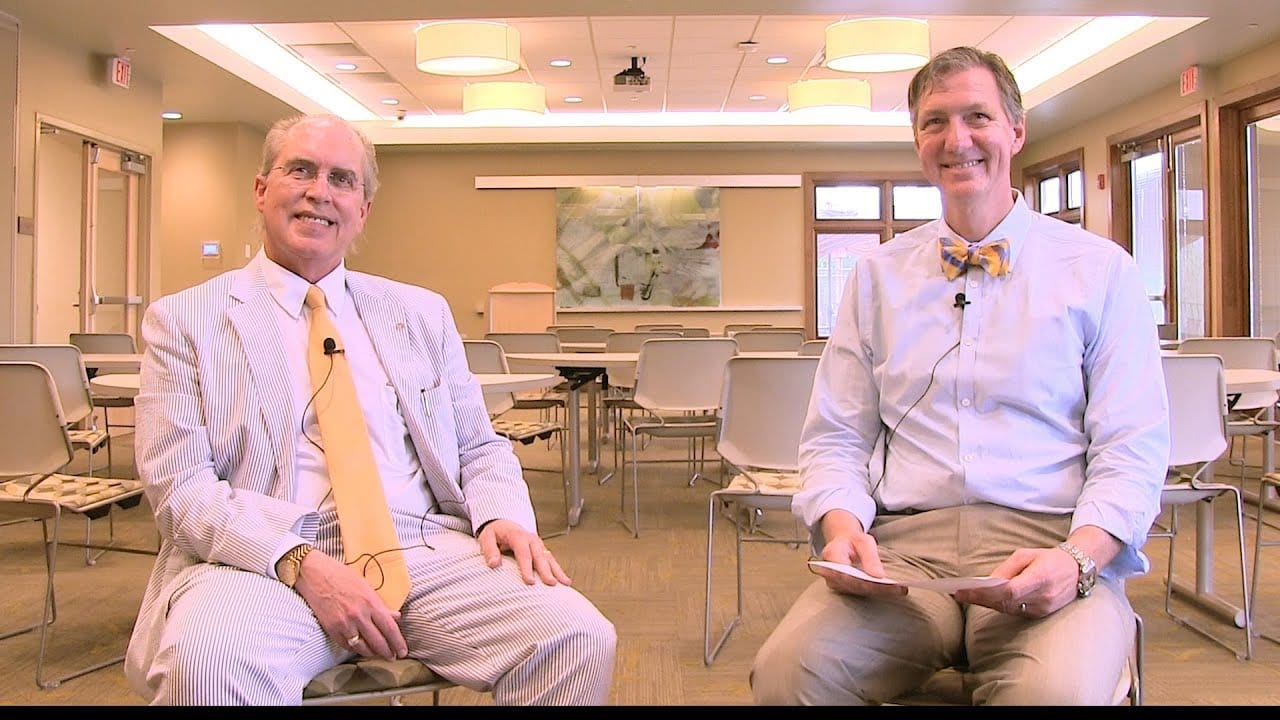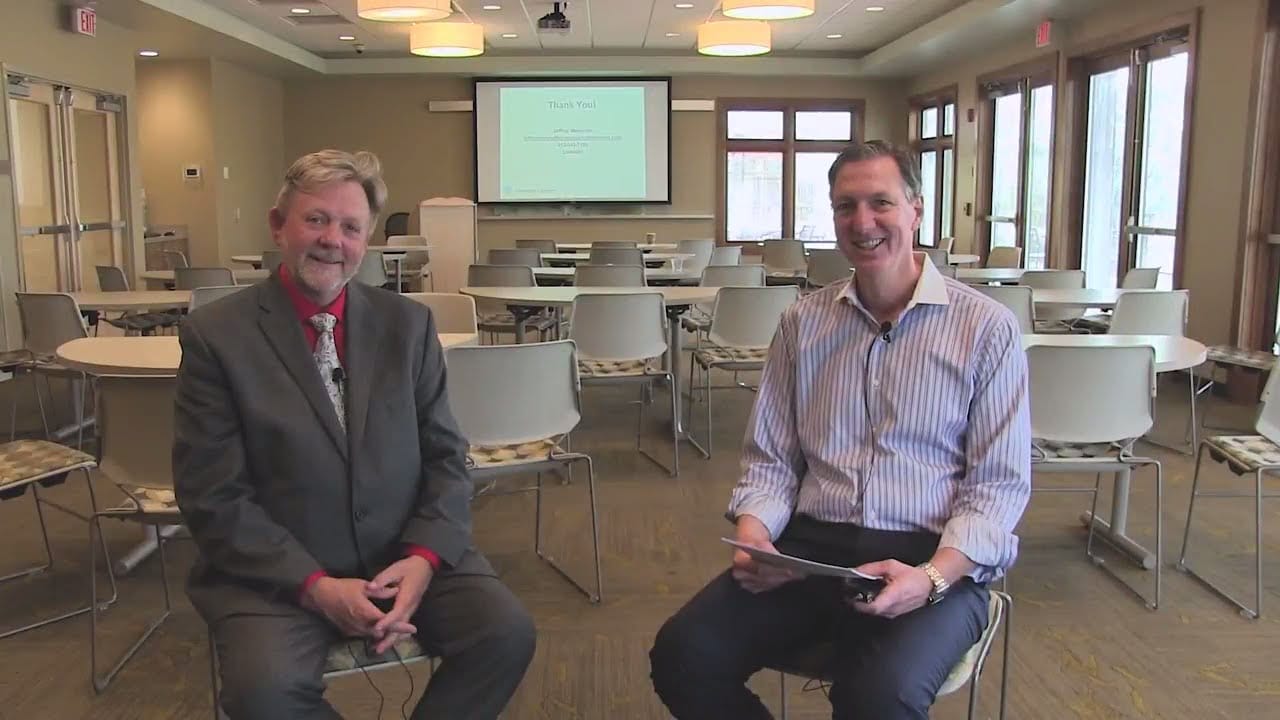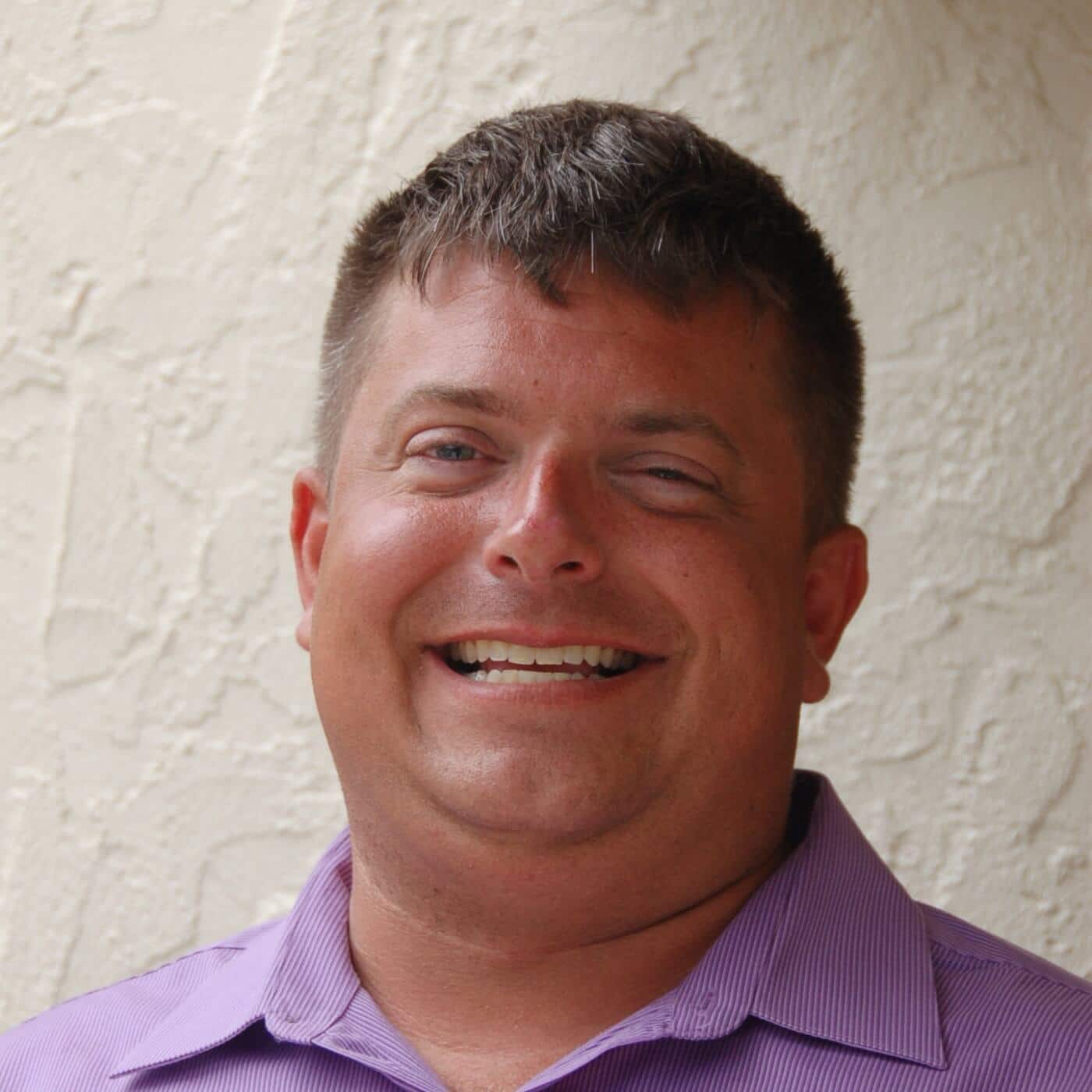

By: Lakeview Health
In this podcast, Sean Getsinger of Legacy Freedom Treatment Center in Charlotte talks about approaches to holistic treatment in their intensive outpatient program.
Podcast Transcript
Gina: Hi everyone, this is Gina Throne and thank you again for joining us for the Lakeview podcast series. I’m joined today with Sean Getsinger, business development director for Legacy Freedom Treatment Centers in Charlotte, North Carolina. Thank you for joining us. Sean: Thank you for having me. Gina: New to Legacy Freedom, I’m really interested in hearing more about it. Can you tell us a little bit about what you all do and what sets you apart from other outpatient treatment programs? Sean: Absolutely, I would love to. We’re an intensive outpatient substance abuse center in Charlotte. We really focus on the individual and the underlying cause of what’s driving the addiction? Where most IOPs that I’ve come across–not all but most–are really cookie-cutter and cater to the masses versus the individual. Most of the individuals that come through our doors, much as in any substances abuse center, there’s some form of trauma that’s happened that driving the addiction. The processes that we use to uncover those so our clients know what’s going on: We do a lot of alternative therapies, tai chi, yoga, acupuncture, sound therapy. We do equine therapy once a month. There’s also life coaching, individualized counseling for all our clients. Most IOPs are 9 hours a week, where ours is 11 and those 2 additional hours come from the individual therapy sessions our clients get and also the individual life coaching sessions. We also do neurotransmitter testing in our office; we are partnered with a company called Sanesco Laboratories down in Ashville, North Carolina. And each client, their first day of group receives a kit and in the kit there’s a sample cup for their second urine specimen of the day that is tested for dopamine and serotonin levels. As you can imagine, for anybody coming into any form of treatment those levels are going to be pretty low. It takes about a week for them to come back and our nurse practitioner will sit down individually with each client and review those results. And we have pharmaceutical grade supplements that we can recommend for our clients so we have them for each individual drug whether it’s opiates, cocaine, you name it. These will help elevate this levels a little bit faster than nature taking its course. We stress to our clients in no way will this make them feel high, this an overnight fix, it’s another step in the recovery process to getting them feeling good to where they feel they don’t need to use something to alter their mindset. Gina: And you’re an abstinence-based, correct? Sean: We are abstinence-based. We drug screen 3 times a week. We do have a few clients that will come in on Suboxone and obviously those are going to show dirty drug screens or positive UAs. So as long as those levels are titrating down each drug screen, that’s what we want to see. The goal is abstinence; if those fluctuate up, if there are other substances that test positive, that’s obviously a failed drug screen. So we do a 3-strike policy. The third failed UA, we’re going to recommend a detox inpatient, another form of treatment obviously. At that point, what we’re doing is not working. Gina: So as an outpatient or an IOP program you don’t offer medical detox. So you typically find another facility for those folks? Sean: That is correct. In fact in the Charlotte area, we’re pretty limited as far as detox goes in that general area. Within about a 45-mile radius, there are two detoxes that cover, I want to say, a million and a half people in the Charlotte metro area. Gina: So if somebody needed–what type of client would you typically be looking for that would come into your program? Sean: Well, it really depends; we got some clients coming out of inpatient treatment such as places like Lakeview that are looking for aftercare, as part of their aftercare plan. We have working professionals that do not have or do not want to take the time to go into inpatient so we’re able to accommodate their schedules. We do run two different groups: a day group from 12-3 and evening group from 6-9 on Mondays, Wednesdays and Thursdays. So we are very accommodating to peoples’ schedules; it’s really a mix. Gina: Sounds like it’s very flexible for that individual who needs to work or can’t work. Sean: It is. Gina: So talk to me financially, how do you guys usually cover for finances? Sean: Great question. We accept all insurance providers; the only three we don’t accept are Medicare, Medicaid and Tricare. We are out of network with the other providers, but I have not seen any headaches or roadblocks other than the three that I mentioned. Gina: That’s great, and you know obviously, we both know, that in this industry and working with addiction treatment, finances can be a big stressor for people who are looking for help so it’s nice to have that. Sean: Absolutely and we’re more than accommodating in that realm as well. We do accept cash pay–it’s $5,000 a month and if we got somebody that’s having a hard time meeting that, we’re more than willing to work with them. That’s not something they’ve got to pay up front. We can spread that out. We do offer one scholarship every quarter for an individual; obviously the individual needs to be highly motivated and there for themselves to get better, not because of an employer of any other outside agency making them do it. There’s got to be some real will on their part to get better. Gina: So, just curious, what is the “why” factor of Legacy Freedom? Why should someone listening today call Legacy for addiction treatment? Sean: Absolutely, no one else is doing what we do in our area as far as intensive outpatient treatment. We are not 12 step-based. While most of our clients are in 12-step programs, it is not part of our treatment plans. We focus solely on the individual and what’s driving the addiction. Based on my experience in this industry, there’s not many people in the IOP section of what we do that really focus on that. It’s all 12 step-based and going to meetings are a requirement. While those are great for networking and finding a group of people in recovery to basically support , we’re strictly a therapeutic piece in finding out why , what’s driving that addiction and when we tell people what we do as far as we address the individual and underlying cause a lot of people say “I know what happened, here’s what it is.” Well, most people don’t . A lot of these things are suppressed over years and years and so did someone magically come out of it after the 12 weeks staying in our program? No. To some it happens immediately, some it takes a long time and some it never happens. But the process we have in place is catered to that to find out why. Gina: What’s nice about what you guys do is that you don’t do just the traditional cognitive behavioral work, but you offer other modalities that make it less threatening for folks to talk about how they feel, which is nice. Sean: Absolutely. Gina: So if someone was trying to reach out to call for services how would they get in touch with you? Sean: The best way would be to call my cell phone, I got two of them; they can reach me at 980-318-7964 or 252-558-3337. Both of those numbers are on day and night and that process if somebody calls me, I will get someone basic information and have them get in touch with one of our therapists and set up a time for them to come by and do an intake. Gina: And a website address? Sean: Its www.legacyfreedom.com. Gina: We thank you for taking the time to visit us at Lakeview. What is your impression of Lakeview? Sean: I’ve been thoroughly impressed from the moment I got off the plane at Jacksonville and obviously the facility, the layout here. Everybody has been extremely professional and very gracious, especially the layout, the different programs you have, the different tracks you all use is more than accommodating and so you can really reach a lot of different people that are looking for substance abuse help. It’s definitely not a one size fits all. Gina: We really appreciate you being here with us today Sean, thank you. Sean: Thank you for having me. Gina: For those if you interested in learning more about Lakeview, we invite you to visit us at lakeviewhealth.multiplica.dev. Or if you know someone that’s struggling with substance abuse and they need help right away please ask them to call 866-460-8416. Thank you.
